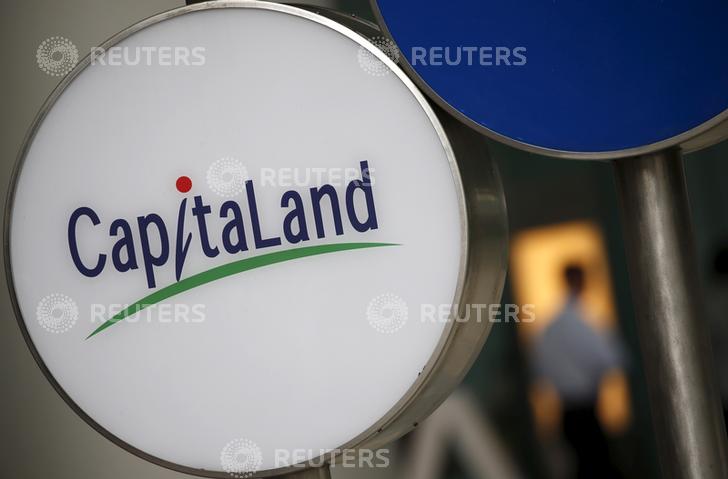
As part of its portfolio reconstitution strategy, CapitaLand has divested its share of interest in a group of companies that hold 20 retail assets spread across China for over S$1.71 billion.
This move was carried out by CapitaLand's shopping mall business CapitaLand Mall Asia and followed the group's record mall openings in 2017. The said properties have an average gross floor area of roughly 40,000 square meters.
After the target completion of the transaction in the second quarter of 2018, the group is expected to gain a net proceeds of around S$660 million. According to a statement from the group, this divestment would not result into any significant loss in its recurring income, as the said malls accounted for only around 4 percent and 7 percent of CapitaLand's respective total and China shopping mall portfolio.
Also Read: 10 Million people in China to be evacuated to save from poverty
CapitaLand President Lim Ming Yan said the group's move is in line with China's undergoing changes in its retail industry, with the rising popularity of omnichannel retailing.
"CapitaLand is thus seizing this window of opportunity to reconstitute our mall portfolio with a sharper geographical focus that enhances our capacity to capture growth opportunities in China. Unlocking the value of mature assets for reinvestment into new growth opportunities is a hallmark of CapitaLand's capital recycling strategy," Lim said in a statement sent to the press.
He noted that with China being one of CapitaLand's core markets, the group will continue to invest in its dominant assets in Chinese city clusters where there is a competitive advantage.
In the past year, CapitaLand opened a record one million square meters of retail space in across several of its developments in three countries including Singapore, China, and Malaysia. Six of such projects are located in fast-growing Chinese cities.
CapitaLand CEO Jason Leow said these six malls are projected to lift the group's China mall's net property income this year.
"This is a validation of our 'core city clusters, dominant assets' strategy of maximising returns on our investments. Post-divestment, CapitaLand's mall network in China will be concentrated in 22 cities, compared to 36 before. This will allow us to better optimise our resource allocation to build meaningful scale in core city clusters," Leow said.
After the divestment, CapitaLand's network of shopping malls in China will now comprise 49 malls, 45 of which sit in first- and second-tier cities.








